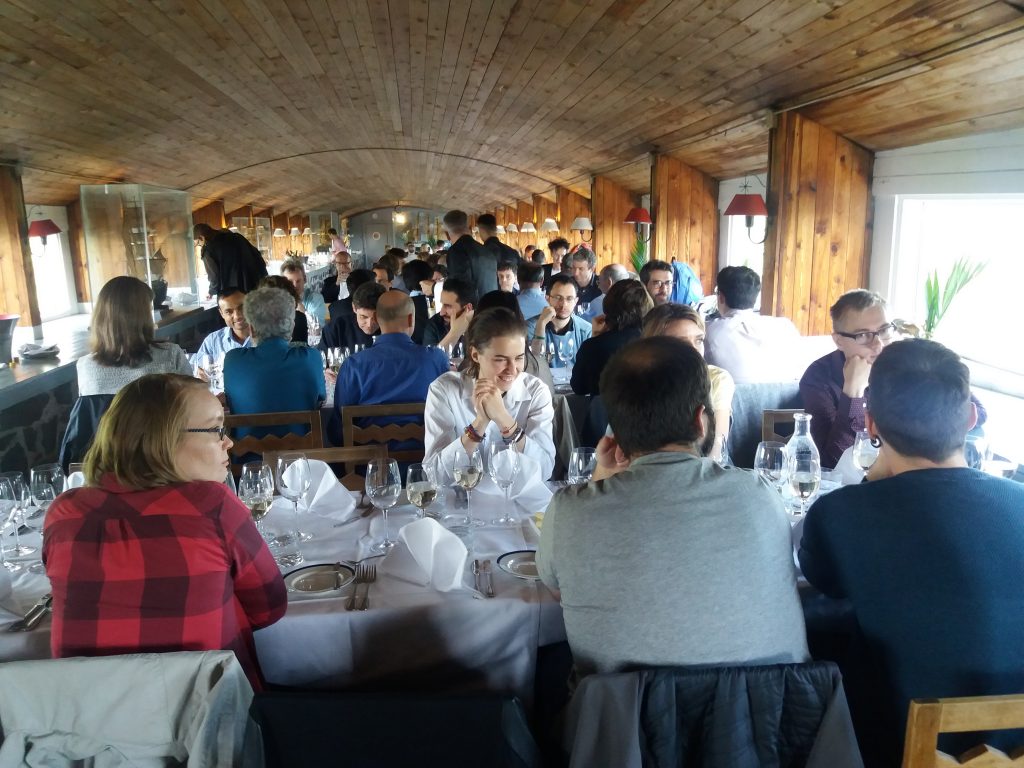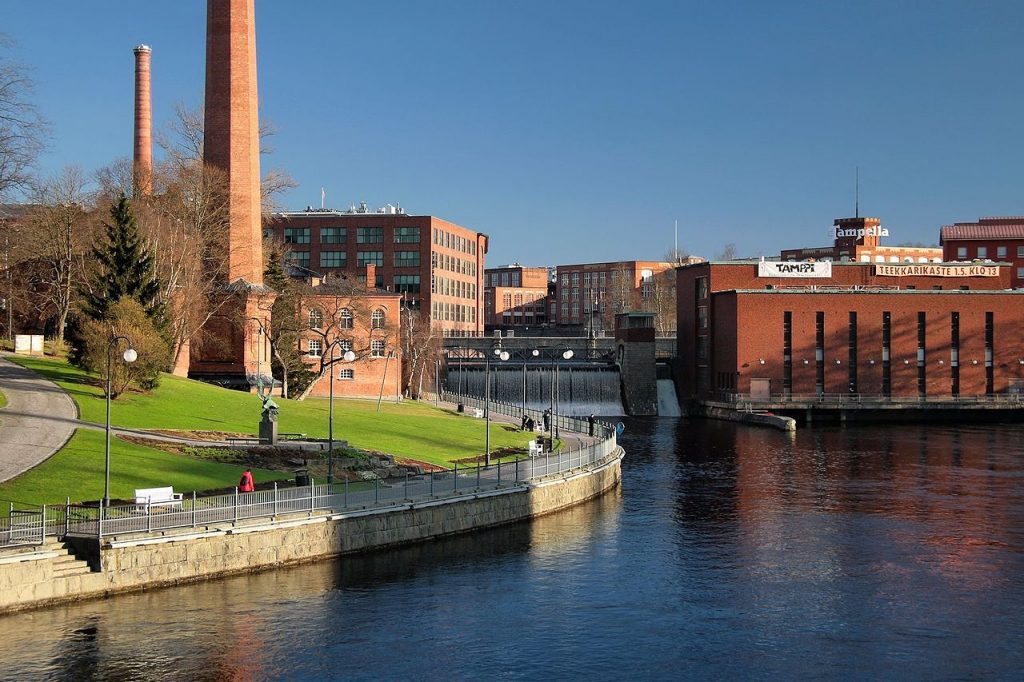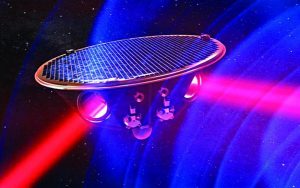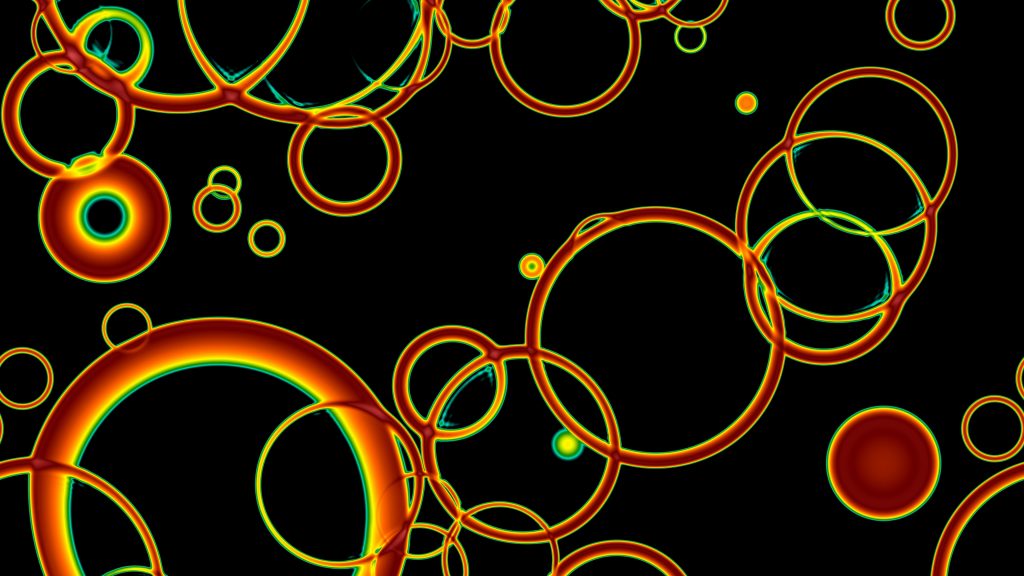Koronavirus tilanteesta johtuen vuoden 2020 Tutkijoiden yö järjestettiin etäyhteyksien avulla. Tutkijoiden yö on eurooppalainen tiedetapahtuma, jonka ideana on avata tutkimusta ja sen tekemistä yleisölle. Lisää aiheesta voit lukea Tutkijoiden yön virallisilta nettisivuilta.
Myös HIP (Fysiikan tutkimuslaitos tai Helsinki Institute of Physics englanniksi) oli mukana tapahtumassa, koko ohjelman löydät täältä. Myös meitä teoreetikoita pyydettiin mukaan ja niin syntyi video nimeltä Gravitaatioaaltoja ja kuplia. Siinä käyn läpi hiukan meidän ryhmämme yhtä tutkimuksen kohdetta, ensimmäisen kertaluokan faasitransitiossa mahdollisesti syntyviä kuplia. Video alkaa kertauksella siitä, miten maailmankaikkeus on syntynyt ja mikä se hiukkasfysiikan standardimalli nyt oikein onkaan. Lisäksi käymme nopeasti läpi myös gravitaatioaaltoja.



